After years of complaints by competitors, and an equally-long investigation, the long-rumored antitrust suit against Apple has finally been filed by the US Department of Justice — and it is going after nearly every part of the company.
There have been threats of a lawsuit from the United States Department of Justice since a 2019 case with Spotify opened antitrust investigations into Apple. Multiple complaints have arisen since, pushing the DOJ to probe more, but all of this has finally led to an actual lawsuit.
An official announcement from the Department of Justice confirmed that it is suing Apple on antitrust grounds. The United States versus Apple lawsuit addresses multiple problems concerning how Apple runs its business.
"Apple exercises its monopoly power to extract more money from consumers, developers, content creators, artists, publishers, small businesses, and merchants, among others," the DOJ said in a release about the suit.
"For years, Apple responded to competitive threats by imposing a series of 'Whack-A-Mole' contractual rules and restrictions that have allowed Apple to extract higher prices from consumers, impose higher fees on developers and creators, and to throttle competitive alternatives from rival technologies," the DOJ antitrust division chief Jonathan Kanter also said.
The Department of Justice says that Apple has violated section two of the Sherman antitrust act, in five ways.
- Restrictions on the App Store applied to "super apps," and in doing so, limiting the growth of apps for third parties
- Cloud streaming services are limited by Apple, specifically game-streaming services
- Excluding cross-platform messaging apps, forcing people to continue to buy iPhones to maintain messaging
- Diminishing the functionality of non-Apple smartwatches, by limiting access to software and hardware features
- Limiting digital wallets, and preventing use of the near-field communications to third-parties
In a press conference about the event, US Attorney General Merrick Garland complained about 30% fees on the App Store, degraded experience for third-party accessories, and leans heavily on Messages as part of the suit. Based on the statement, it's not clear if the US understands that RCS is coming to Messages, comprehends the limitations of the SMS standard that Messages utilizes to connect with devices that are not iPhones, or knows that the fee structure on the App Store is not a full 30% across the board — and is free for small developers.
The Department of Justice is joined by 16 state Attorneys General.
Apple responded nearly immediately
Apple has already responded to the suit in a statement to AppleInsider and other venues.
"At Apple, we innovate every day to make technology people love — designing products that work seamlessly together, protect people's privacy and security, and create a magical experience for our users. This lawsuit threatens who we are and the principles that set Apple products apart in fiercely competitive markets.If successful, it would hinder our ability to create the kind of technology people expect from Apple — where hardware, software, and services intersect. It would also set a dangerous precedent, empowering government to take a heavy hand in designing people's technology. We believe this lawsuit is wrong on the facts and the law, and we will vigorously defend against it."
Four years of imminent lawsuits
If you've been watching this story, you'll know that the DOJ has been promising some kind of antitrust action since 2019. Some sources suggested that the lawsuit was on hold to see how Apple would respond to regulation in the EU to help shape the US case.
In 2019, Spotify alleged that Apple "gives themselves unfair advantages at every turn" regarding App Store commissions and Apple Music. The company also argued that Siri was too closed down and automatically drove customers to Apple Music.
Many of the complaints made by Spotify have since been addressed, though Spotify hasn't done much to actually take advantage of Apple's adjustments. The company can now send emails to customers, add a link to get a paid subscription, direct Siri to default to Spotify, and more.
Investigations made in early 2020 targeted Apple's 30% commission for in-app purchases and subscriptions. That angle, too, was addressed by Apple in November 2020 when it announced new guidelines enabling a 15% commission for developers earning less than $1 million per year or holding on to subscribers for more than one year.
Epic argued that Apple selectively enforces its App Store rules in 2021, bringing DOJ attention. It pointed out Roblox and its in-game ecosystem of experiences and monetization via Robux.
In 2022, Tile argued that Apple's AirTag and Find My ecosystem violate antitrust. Apple allows manufacturers like Tile to take part in the Find My ecosystem, but those companies don't get access to user location data.
Now, it is up to the courts to decide if Apple has violated antitrust law and what will be done about it. This process will take years.
United States of America vs Apple by Mike Wuerthele on Scribd
 Mike Wuerthele and Wes Hilliard
Mike Wuerthele and Wes Hilliard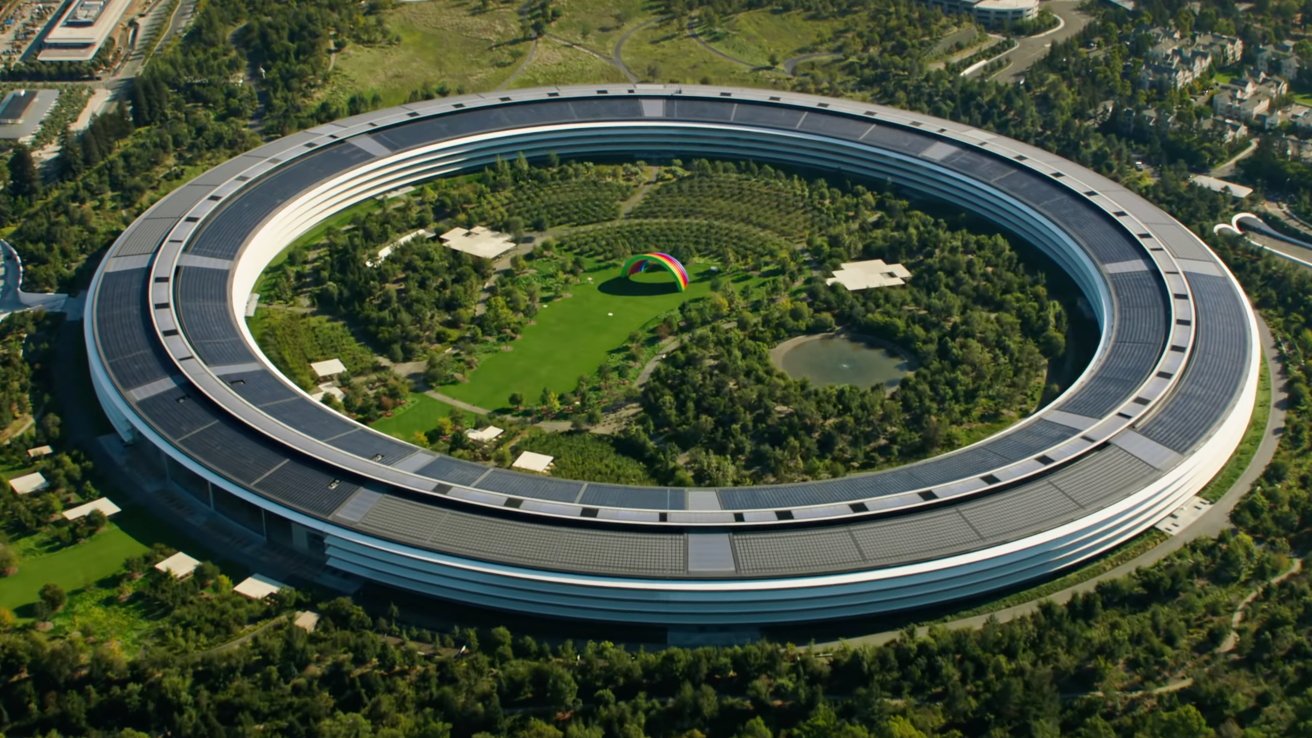
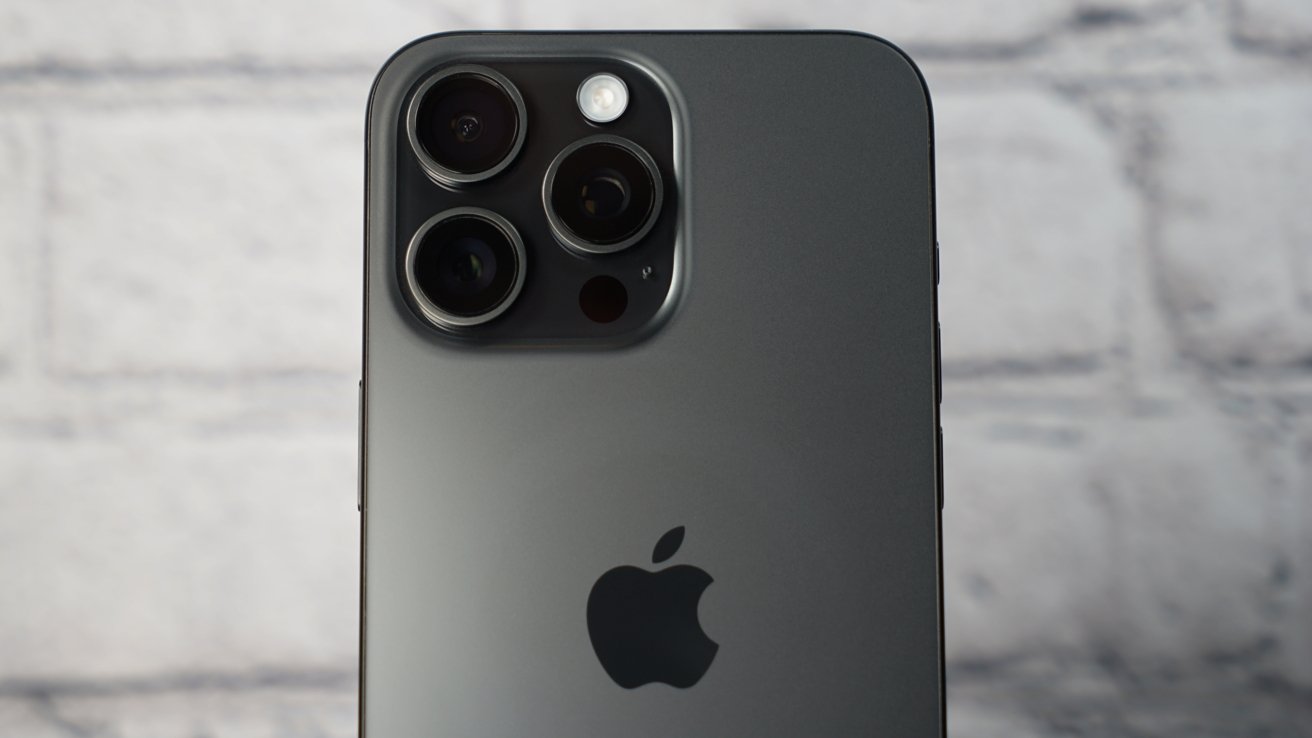




-m.jpg)


-m.jpg)






 Christine McKee
Christine McKee
 Chip Loder
Chip Loder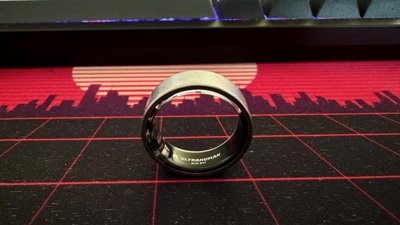
 Oliver Haslam
Oliver Haslam
 Malcolm Owen
Malcolm Owen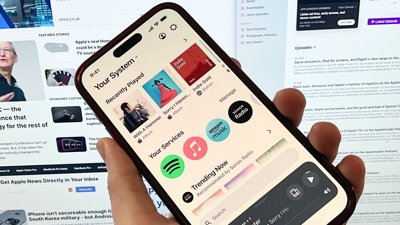
 William Gallagher
William Gallagher
 Amber Neely
Amber Neely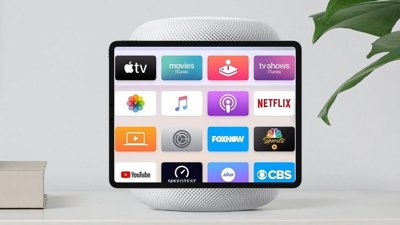
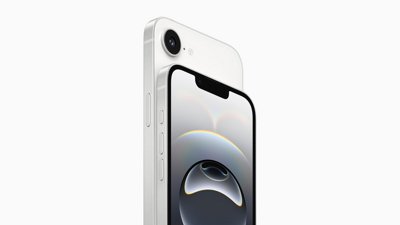
 Andrew Orr
Andrew Orr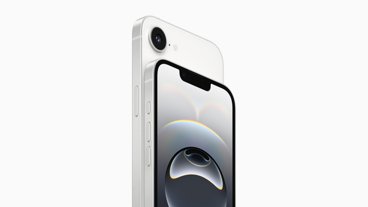







92 Comments
So, after so many years of being called a walled garden (and derided by the then more popular Android crap users), many here voluntarily joined that garden experience. Then, jealous others sue to get access to the garden. Now, it's a monopoly. Just wonderful!
Not voting for either idiot for president this year!!!
Amazon is more of a Monopoly threat, then Apple or Google. How many mom and Pop shops have been closed because of Walmart and Amazon and other big box stores. buying products from Apple or Google or 7-Eleven is a consumers choice.
Corrupt bureaucrats taking their cues from their foreign counterparts. Bought off in bulk.
Uhhh, didn't Apple address basically all of these in the last few months?
- this is the only one I could see them still needing to do some additional work on
Excluding cross-platform messaging apps, forcing people to continue to buy iPhones to maintain messaging
- unless they're talking about specific apps not being allowed because they're trying to forego iMessage TOCs, there are plenty of apps available: WhatsApp, Telegram, every social media app under the sun, etc.
- not sure what this is referring to at all
- These were opened widely with Tap to Pay on iPhone